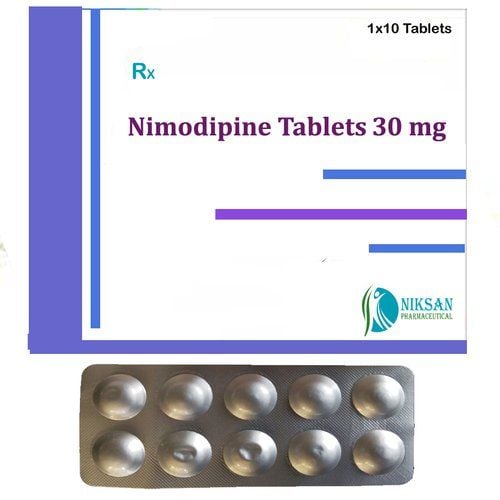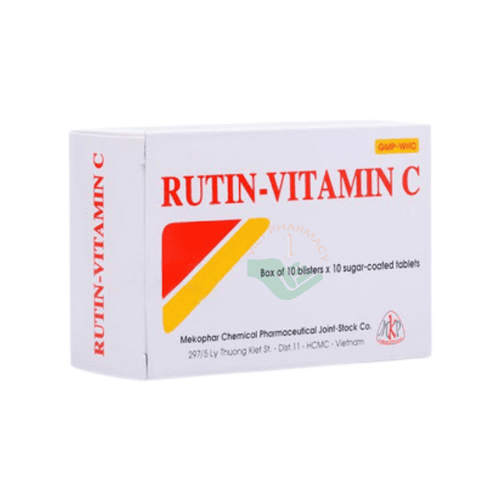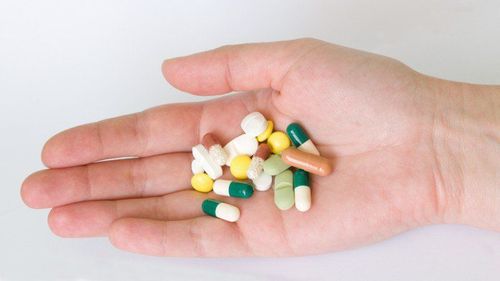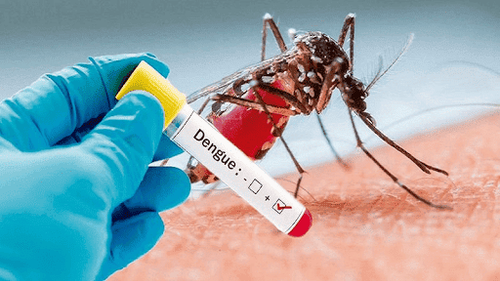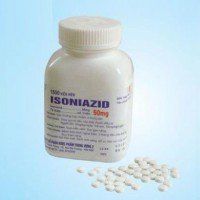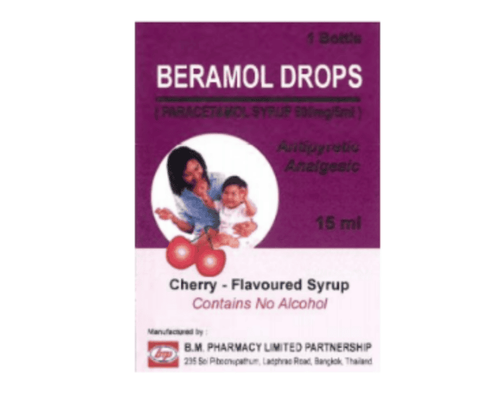This is an automatically translated article.
The article is professionally consulted by Master, Doctor Nguyen Thi Nhat - Infectious Disease Specialist - Department of Medical Examination & Internal Medicine - Vinmec Hai Phong International General Hospital.
Dengue fever is a dangerous infectious disease that often breaks out in the rainy season in areas with poor sanitation. In the past, the disease usually appeared in children, but now, many adults also suffer from this disease. The mortality rate from dengue fever is quite high and there is currently no specific medicine to treat this disease.
1. What is Dengue fever?
Dengue virus is the cause of dengue fever. This is an acute infectious disease, spread from infected person to healthy person by mosquitoes that transmit dengue virus.Dengue fever can cause severe pain in the neck and joints. Severe cases of dengue can also cause bleeding, a sudden drop in blood pressure and a high risk of death.
2. Signs to recognize dengue fever in children
Children are the most susceptible to mosquito attacks because of their hyperactive nature, so children often like to play in dark places, where mosquitoes often choose to operate. In addition, because children's body temperature and breathing rate are often higher than adults', children sweat more, so mosquitoes are easy to detect and bite children.At the onset of the disease, it is difficult to distinguish dengue because the symptoms of the disease are often nonspecific.
Dengue fever in children usually starts with sudden high fever symptoms lasting from about 2-7 days. Some accompanying symptoms such as skin congestion, red face, sore muscles, may be accompanied by sore throat, nausea, vomiting, fatigue...
In the next stage, children with dengue fever will there are signs of bleeding such as petechiae, when pressed, these red dots do not disappear, these marks are usually in the armpits, chest, forearms, legs; Children have nosebleeds, bleeding teeth, blood in the stools. After a few days, the size of the liver may increase.
After about 3-7 days of illness, the child's temperature begins to drop. Some children may show warning signs of Dengue hemorrhagic fever such as lethargy, fatigue, vomiting, abdominal pain, mucosal bleeding, enlarged liver... or severe signs of Dengue fever such as cold hands and feet, can't measure blood pressure, unstable pulse... When these signs appear, it is necessary to take the child to the hospital immediately for timely treatment.
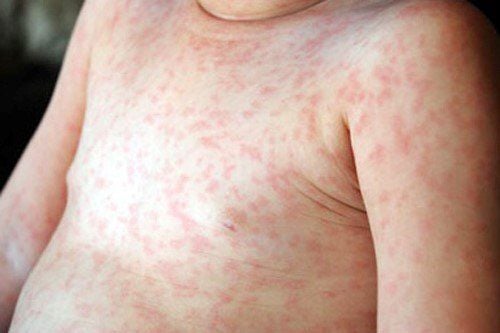
3. How dangerous is dengue fever in children?
Dengue fever in children is often more severe than dengue in adults because there is a greater chance of falling into shock and re-shocking than adults.Parents are often subjective when a child has dengue fever because in the early stages, the child usually only has a fever, so often when the disease is severe and dangerous, the child is taken to the hospital. As for adults, when the body feels tired, has strange symptoms, they will go to the hospital for examination immediately, so there are few serious cases.
When adults have dengue fever, the common complication is thrombocytopenia (bleeding) while in children, the common complication is shock. Because of shock, the child is at risk of organ failure leading to death.
In addition, many parents often arbitrarily treat their children at home when they have dengue fever, the wrong treatment puts the child at risk of gastrointestinal bleeding.
4. How to take care of a child with dengue fever

Here are some ways to help parents treat dengue fever for children at home:
Reduce fever for children properly: If the child has a high fever above 38.5 degrees, give the child the right dose of paracetamol fever reducing medicine. quantity. Children can be repeated for 4-6 hours if the child still has a fever, wipe with warm water for the child to avoid complications of high fever.
Implement a reasonable diet for children:
Children should eat foods that are easy to digest and rich in nutrients such as porridge, milk and divided into many small meals. Let children drink more water than usual, encourage children to drink oresol electrolyte water, filtered water, fruit juices... Provide more vitamins of groups A, B, C for children to enhance metabolic activities chemical for the body while strengthening the immune system, improving resistance so that children can fight off diseases. Follow the doctor's instructions: follow up with the doctor's appointment, when you see that the child has symptoms such as abdominal pain, crying, discomfort, cold limbs, not eating, not feeding. (for infants) it is necessary to take the child to the hospital immediately.
Absolutely do not arbitrarily shave the wind for children, do not give children drugs, do not give children intravenous fluids at unsecured medical facilities, do not use aspirin and ibuprofen to reduce fever for children because it is easy to cause severe bleeding in children. young.
The number of deaths from dengue in children is increasing year by year, becoming a great concern for many parents. Therefore, parents must pay special attention to their children, when there is any abnormality, they should immediately take the child to the hospital for timely examination and treatment to avoid unwanted complications. .
Pediatrics department at Vinmec International General Hospital is the address for receiving and examining diseases that infants and young children are susceptible to: viral fever, bacterial fever, dengue fever, bronchitis , pneumonia, hand, foot and mouth disease in children, .... With modern equipment, sterile space, minimizing the impact as well as the risk of disease spread. Along with that is the dedication from the doctors with professional experience with pediatric patients, making the examination no longer a concern of the parents.
Master. Doctor. Nguyen Thi Nhat has more than 10 years of experience in the field of artificial kidney, and in the field of infectious diseases, examination and management of patients with kidney disease and infectious diseases. Currently working as a Doctor of Infectious Diseases, Department of General Internal Medicine, Vinmec Hai Phong International General Hospital
Please dial HOTLINE for more information or register for an appointment HERE. Download MyVinmec app to make appointments faster and to manage your bookings easily.





